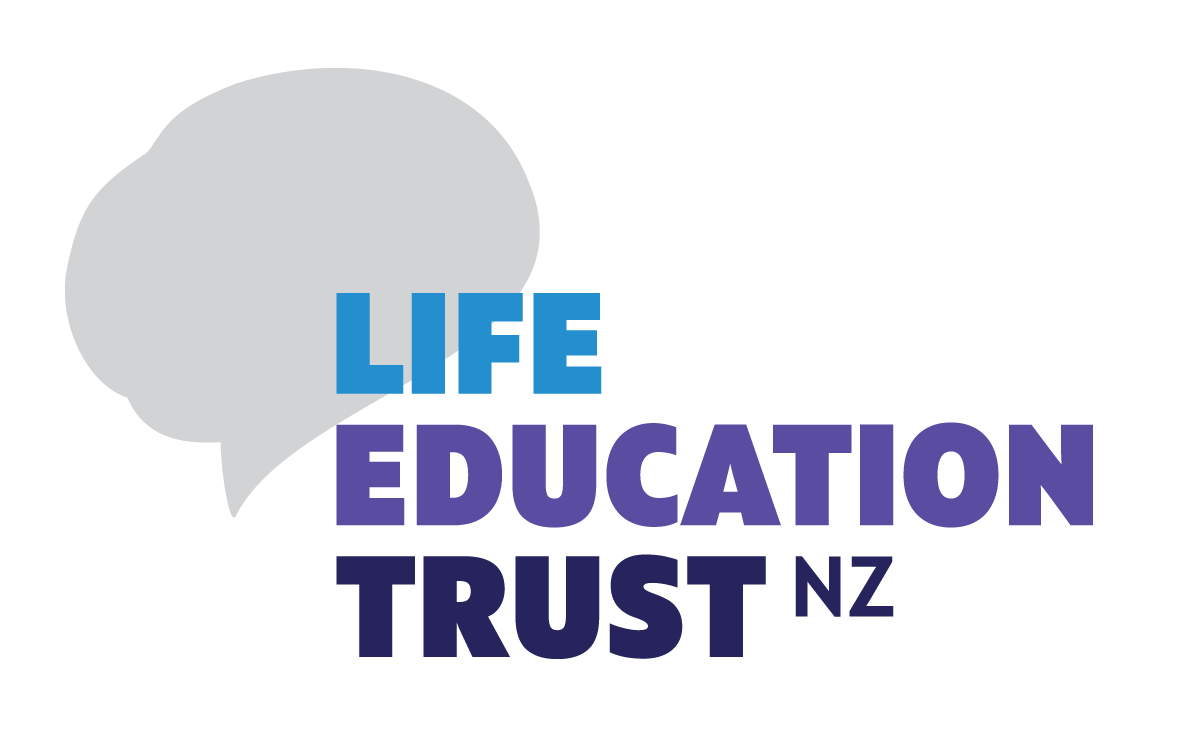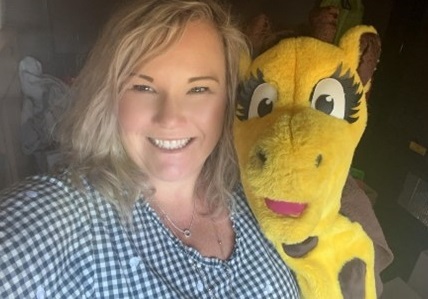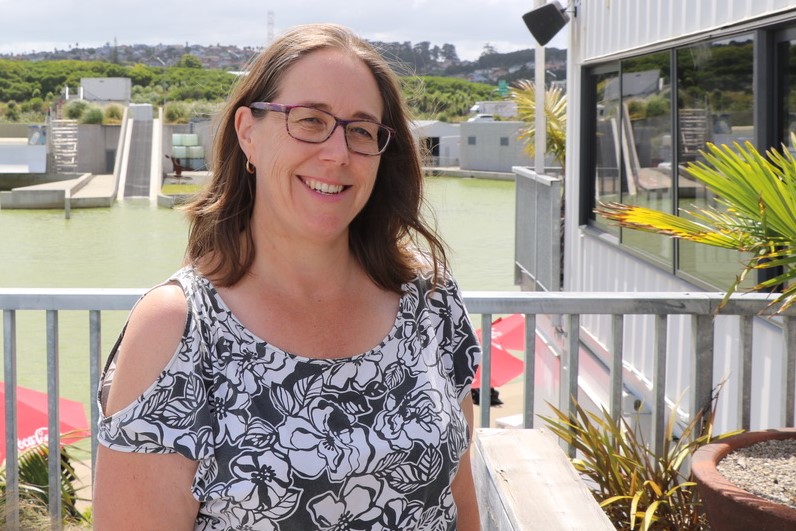Navigating friendships and relationships
Insights from Harold the giraffe and lead educators
 |
As teachers, parents, and carers, it's important to support children as they navigate the complexities of forming friendships and building relationships with their peers. Friendships are important in the growth and development of tamariki, offering companionship, emotional support, and a sense of belonging.As rangatahi, the influence of friends becomes increasingly significant, shaping their experiences and perceptions of the world around them. |
“Ensuring students are aware that we are all unique and special. We all think differently, like different things, and act in different ways, even when we have the same experiences. It’s having the understanding that we don’t have to be the same and to celebrate our differences.”
Ingrid and Harold also work with students helping them to identify the qualities that make a good friend. One way to do this is to relate it to how other people might describe them.
“By encouraging kindness and empathy, tamariki and rangatahi can put themselves into the other person’s shoes and think about how they might feel if certain things were said to them or done to them,” says Ingrid.
It’s important to build young people’s understanding of empathy and give them techniques they can use to navigate friendships and relationships in both the offline and online worlds.
“What they never think they would say/or do to a person when they are face-to-face can be forgotten when they are online as they don't see the impact of the words on the other person,” says Carleen.
In addition to classroom teachings, Ingrid has some valuable tips for parents to support their children in cultivating healthy relationships. Encouraging integrity, practicing calming techniques, and establishing healthy habits such as regulated screen time are crucial steps in nurturing positive social interactions both online and offline.
Recognizing signs of distress or discomfort in children is equally important. Ingrid advocates for creating a safe space for children to express their feelings openly, allowing them to address any challenges they may encounter in their social interactions.




